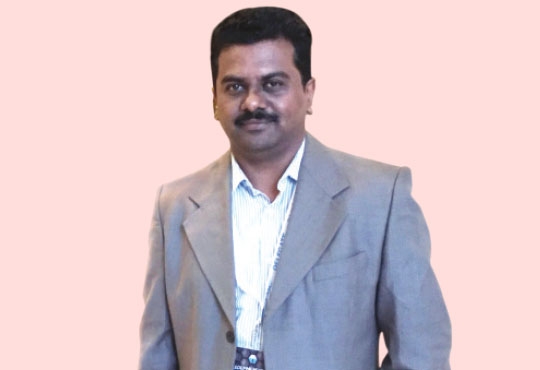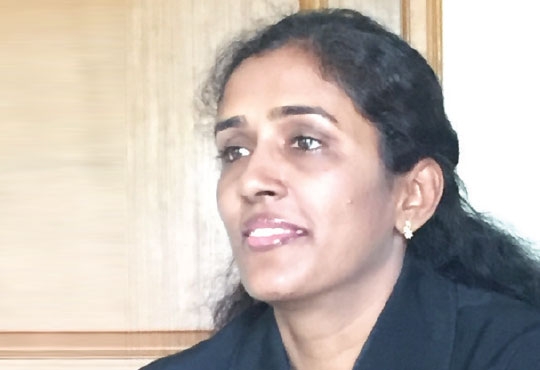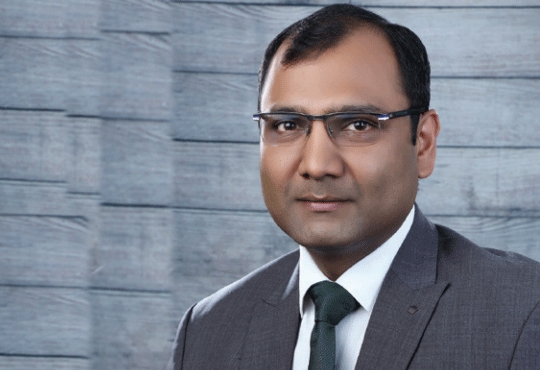
How technology can facilitate the optimum realization of ESG strategy
Abhrasnata Das | Friday, 25 March 2022, 12:56 IST
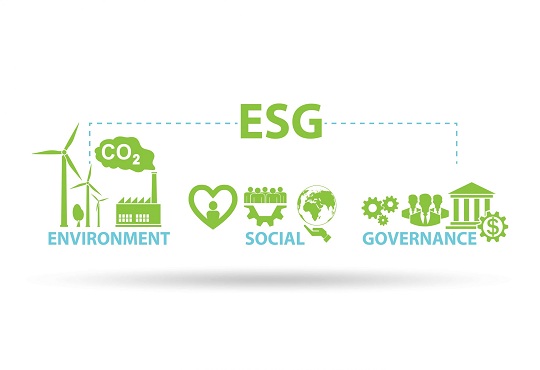
Today, countries and companies are investing to achieve the UN’s sustainable development goals, and governments and regulatory bodies are placing increasing emphasis on the role of companies in a global society. As a result, managing ESG strategies is no longer about simple restrictions; it’s evolved from an informal goal into a more complex criterion rooted in investment strategies.
An article by Norton Rose Fulbright states, there has been a rise in interest from private individuals in specialized “sustainability”, “impact” or “ESG” investment vehicles, whether from boutique impact funds and sustainable banks or from more traditional investment banks offering impact and sustainability vehicles.
In this article, let’s understand how implementation of technology will affect the ESG journey of a firm:
Improves visibility
Companies are now setting effective targets to enhance performance on material ESG problems as a result of the shifting investment climate. However, because the data isn't easily available, it's difficult for a corporation to track its environmental, social, and governance (ESG) performance.
However, proper implementation of technology will simplify procedures, collect data, and will help to visualize it all on a single platform. Companies would be able to use technology to not just identify high-performing regions, but also weak locations that need greater attention, opening the road for development and course correction.
High-quality last-mile data
It's challenging to collect ESG data since it's generally dispersed across numerous departments and geographical regions. Even once the data has been obtained, its quality and accuracy remain questionable.
Technology, on the other hand, can help businesses digitize the whole data collecting process and track data back to its source. Last-mile data collecting allows for data openness and accountability. In addition, the audit records gathered during the procedure serve as verification of data dependability. Automation frees up time for sustainability managers to focus on the most important risks and opportunities.
Effective communications amidst stakeholders
The sustainability report of a firm is written for a variety of audiences, including investors, consumers, and workers, each with their own set of expectations. While investors are concerned with ESG concerns that have a financial impact on a firm or material difficulties, consumers and workers are more concerned with a company's overall ESG performance.
Data may be readily prioritized using technology to meet the demands of various groups. Organizations may engage their stakeholders in a variety of ways, including websites, dashboards, and dynamic infographics. Increased transparency and trust among stakeholders result from effective communication.
Respond to ESG Standards
With an exponential expansion in the number of frameworks such as SASB, GRI, CDP, UNGP, and SDG, among others, there is an increasing need for the companies to adapt an agile process that lets them grow their reporting techniques.
However, by leveraging technology organizations can collect data once and report to numerous frameworks. While technology helps firms with data visualization through eye-catching and interactive dashboards, it also guarantees that reporting is completed in a timely and thorough way. Responding to all frameworks also allows a firm to analyze its ESG performance, pinpoint pain spots, and find opportunities for development according to various standards.
Collaborate to capture and report data
Technology may be used to break down communication barriers between a corporation and its stakeholders, allowing them to collaborate more effectively. Technology helps save time, money, and effort across the ESG lifecycle by providing seamless communication.
Involving stakeholders in the reporting process has two primary advantages.First, it helps businesses to have a better understanding of their requirements and desires, resulting in more accurate reporting. Second, it gives stakeholders a sense of belonging and makes them feel appreciated. As a result, integrating technology might help a company's ESG reporting reach new heights.
What's next?
However, using new technology is not without its difficulties, ranging from worries about whether the digital world truly represents what is occurring on the ground to cybersecurity issues and whether the current global regulatory and legislative structure sufficiently addresses the inherent hazards.
Despite these concerns, improved data collection, transparency, and auditability through the use of emerging and increasingly disruptive technologies should help companies meet multiple objectives in an effective manner, such as – the challenges of increased scrutiny, whether from regulators, government, stakeholders, investors, or broader society, in relation to their role in sustainability and the impact they have on the wider community; the practical demands of m
To summarize, technology may help companies enhance their sustainability initiatives and ESG performance. The Goodera Sustainability platform may assist your firm in taking the first steps toward technological adoption. The platform is your one-stop shop for tracking performance, achieving objectives, reporting to standards, and engaging stakeholders, with features including SDG goal tracking, interactive dashboards, and automated aberration flagging.
CIO Viewpoint
Digital Disruption - To Drive Next Wave Of...
By Jatinder Bansal, AVP & Head IT, ReNew Power Ventures Ltd
IT Services Outsourcing - Challenges to Conquer
By Umasankar Pandurangan, AGM- IT, HPCL- Mittal Energy Limited
Hadoop Uncovering Hidden Patterns to Make...
By Priyadarsanie Ramasubramanian, Head - Engineering and Technology, Tesco
CXO Insights
What is SF6 and why is it important?
By Guilherme Susteras, IEEE Senior Member
Unlocking Growth Via Digitalization Of The...
By Shikhar Gupta, Director, PwC
From Power to Lifestyle - The Future of Solar...


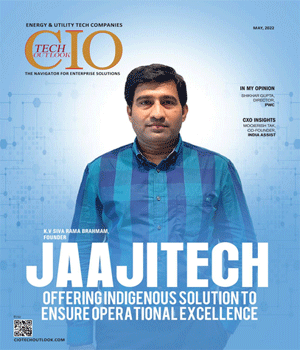
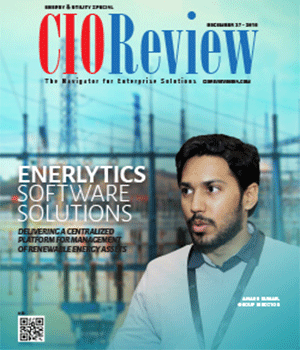
.jpg)
.jpg)
